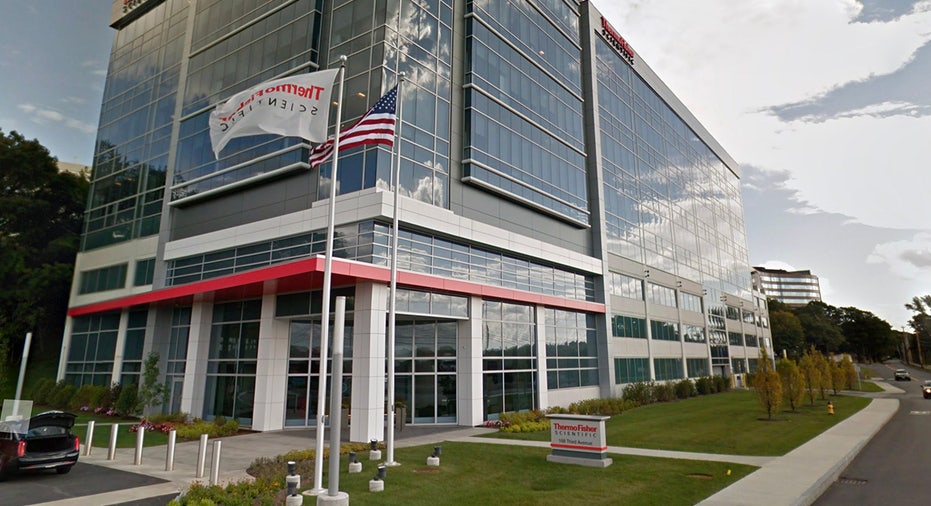Thermo Fisher to buy Brammer Bio for $1.7B

Deal would expand lab-equipment company’s presence in rapidly growing field of gene therapy
Thermo Fisher Scientific Inc said it is buying Brammer Bio for $1.7 billion in a move that would expand the lab-equipment company’s presence in the rapidly growing field of gene therapy.
Closely held Brammer Bio, owned by private-equity firm Ampersand Capital Partners, provides pharmaceutical companies developing gene therapies and gene-modified cell therapies with outsourced research and drugmaking services.
Gene therapies aim to replace defective genes with healthy ones, and researchers consider them to be a promising treatment option for intractable inherited diseases. Nearly 300 gene therapies are under development, aiming to treat more than 100 diseases, according to a recent report from a drug-industry trade group.
Questions remain about how to pay for the therapies, which tend to target conditions with small numbers of patients and can carry seven-figure price tags.
Some health systems aren’t yet set up to deal with gene-therapy treatments. Drug companies and insurers are starting to explore new payment models, such as paying in installments.
Brammer Bio was formed in 2016 through the merger of Brammer Biopharmaceuticals and Florida Biologix, which was started a decade earlier as part of the University of Florida. The company makes so-called viral vectors. In gene therapy, a normal gene is delivered via what scientists call a vector, typically a virus genetically altered to contain human DNA.
Brammer’s revenue is expected to total $250 million this year, according to Thermo Fisher.
Waltham, Mass.-based Thermo Fisher, which has a market value of roughly $105 billion, sells equipment, chemicals and other raw materials used in pharmaceutical research. Employing some 70,000 people globally, Thermo Fisher had sales in 2018 that totaled more than $24 billion. The company has been an active acquirer in recent years and has indicated it would be considering deals this year.
Thermo Fisher Chief Executive Marc Casper in an interview Sunday called Brammer the leader in making viral vectors. “These medicines are really having a tremendous impact on patients,” he said.
Mr. Casper said that manufacturing gene therapies remains a challenge for drugmakers. “One of the real constraints here is manufacturing capacity and the ability to develop these drugs in a cost-effective fashion.”
The complexities of manufacturing cell and gene therapies means most will be produced by contract organizations, according to analysts at William Blair & Co.
The annual market for contract development and manufacturing for gene and cell therapies is worth $1 billion and growing more than 25 percent a year, Mr. Casper said, adding that there are few commercial drugs currently available.
Thermo Fisher and Brammer were already working together on some services and official takeover talks began early this year, Mr. Casper said.
CLICK HERE TO GET THE FOX BUSINESS APP
Recent progress in gene therapy has prompted big companies such as Pfizer Inc. and Roche Holding AG to increase their exposure. Roche last month won a heated auction to buy Spark Therapeutics Inc., which makes an FDA-approved gene therapy that treats a condition that can cause blindness and is developing therapies for hemophilia. The Swiss company is paying roughly $4.8 billion—a premium of more than 100%.
Earlier this month, Pfizer made another bet on gene therapy when it said it would pay for the rights for therapies being developed at French company Vivet Therapeutics.
Write to Cara Lombardo at cara.lombardo@wsj.com



















